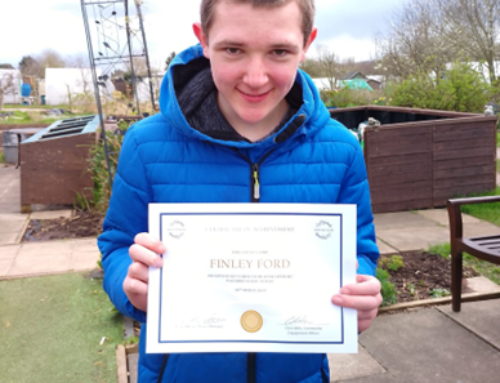3 out of 4 disabled people (72%) have experienced negative attitudes or behaviour in the last 5 years, and 9 out of 10 reported that it negatively affected their daily lives (Scope.org.uk).
Understanding how to engage with individuals with disabilities can make a significant difference. Here are some tips to help you engage positively:
See the Person First
Recognize that a disability is just one aspect of a person’s life. Focus on their interests, passions, and skills. Using first-person language reinforces their individuality!
Ask Before Offering Help
Offering help is generous, but always ask first. A friendly, “Do you need any help?” shows respect for their independence. Some may appreciate the offer, while others prefer to handle things themselves.
Disability Direct are here to help disabled people with:
Welfare rights – Providing support with claiming disability or sickness related benefits and appeals..
Personal budget support – Providing with support on recruitment, payroll, employment advice, and paperwork for pa’s and carers.
Payroll & managed accounts – Payroll and managed accounts for those who receive a direct payment / independent living budget.
Communicate Directly and Clearly
Engage directly with the person. Speak clearly and listen attentively. Avoid addressing their companion, carer or PA, to show that you value their voice!
Respect Personal Space
Personal space matters, especially for those using mobility aids. Be mindful of boundaries and avoid touching or moving their aids without consent to build trust and comfort.
Promote Inclusivity and Celebrate Strengths
Encourage inclusive practices in your community and advocate for accessible spaces. Take time to listen to their stories and celebrate their strengths and achievements. They ARE amazing!
By putting these simple practices into action, you can create a space where everyone feels valued and empowered. Remember, small steps can make a big difference.
Aimee Monaghan-Richardson





